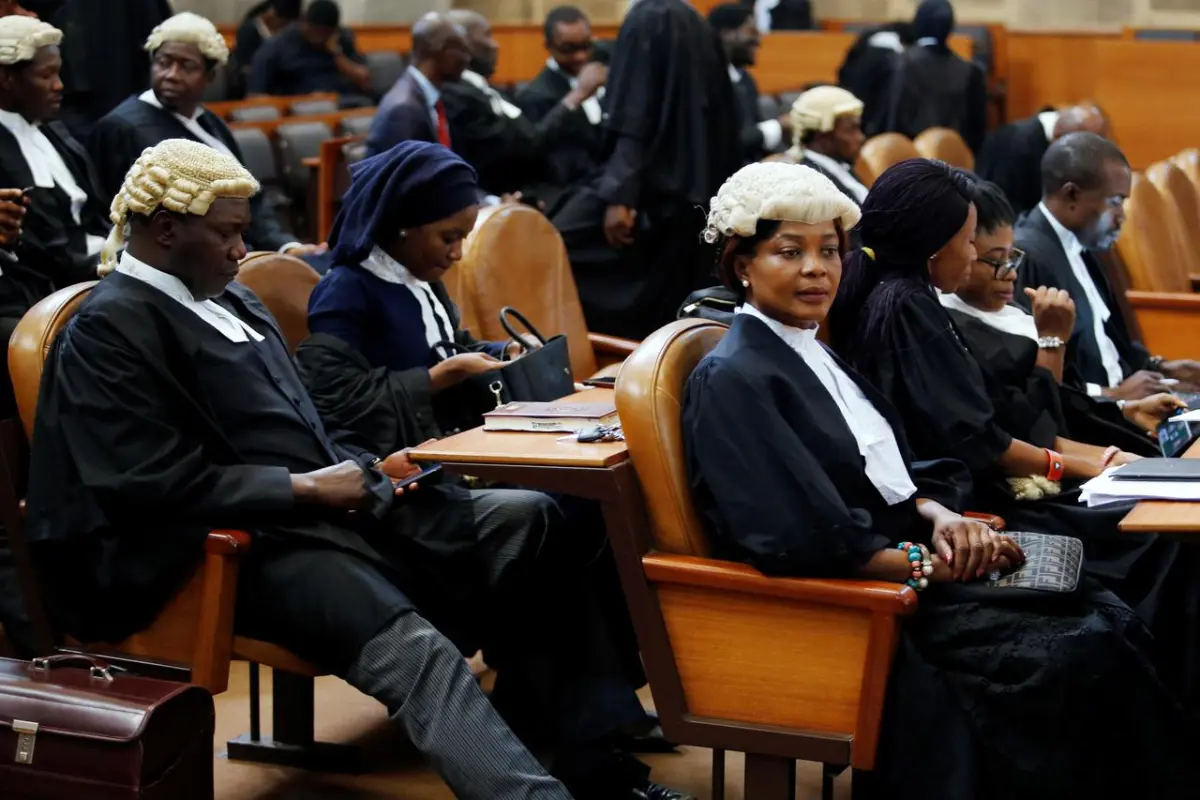President Bola Tinubu, yesterday, unveiled the National Theatre (now known as Wole Soyinka Centre), a project that cost the Bankers Committee N68 billion.
The President rationalised the renaming of the centre after Prof. Wole Soyinka, who he described as one of “our greatest assets” to the world.
He described the honour as well deserved recalling Soyinka’s contribution to “nation building, struggle and freedom”.
Tinubu recalled the heydays of the National Theatre while commending efforts of the Central Bank of Nigeria (CBN) Governor, Yemi Cardoso, and the Bankers’ Committee in breathing life into the asset.
Tinubu called on Cardoso and the other members of the teams to put an endowment fund together to keep the asset alive to ensure it does not go the past again.
Tinubu condemned the negative profiling of Nigeria, calling on all citizens to “believe in Nigeria” and put the country first.
He was confident the country would be great again even as he committed to its unity and progress.
“It will not disintegrate in my arms,” the President stressed even as he assured the country would be great again.
The CBN Governor, Cardoso, described the cost as an investment in the youth, “the Nigeria story” and the country’s place in the global arena.
He disclosed that the Bankers’ Committee committed N68 billion to the project.
Cardoso, whose leadership completed the project started by his predecessor, Godwin Emefiele, described the centre as “beacon of innovation and unity”.
Calling for proper maintenance to ensure the national heritage does not suffer another neglect, the CBN boss said centre would generate billions in yearly revenue and create several jobs.
The centre is integrated with the Lagos State Blue Line. This, Cardoso said, has placed culture in the heart of the city life of Nigeria.
The sprawling centre hosting cinema, exhibition, library and several other segments, Cardoso said, is a pointer to what could be achieved when the private and public sector partner.
Soyinka, who jokingly said he was ambushed with the honour, was hopeful the centre would reverse the regrettable trend where African cultural and arts are hosted outside the continent.






